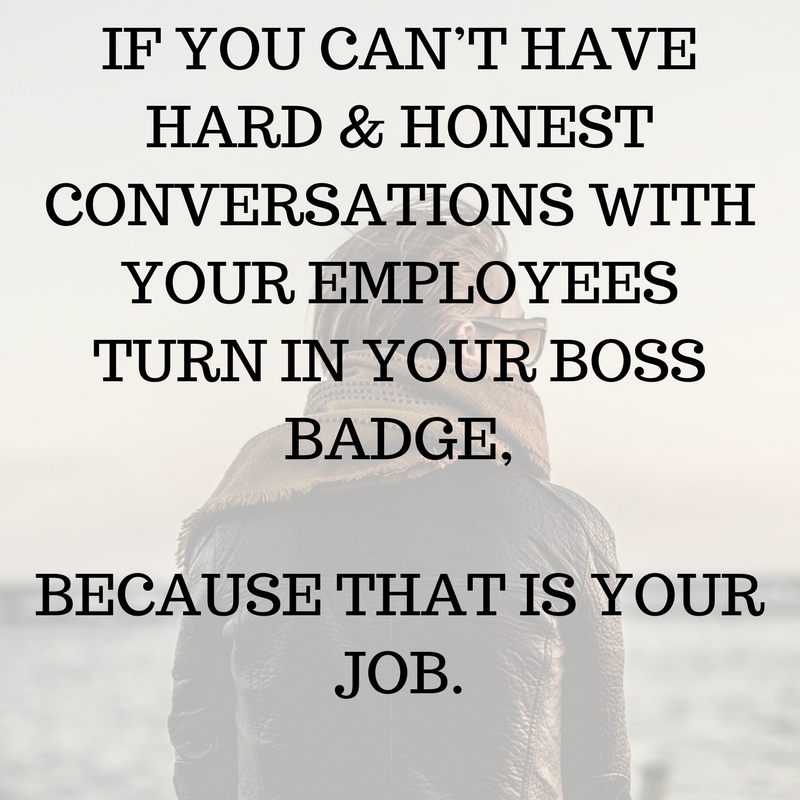5 Secrets To Avoid A First-Time Manager’s Worst Mistakes
The world is littered with failed construction supervisors who used to be perfectly good carpenters.
First-time managers are a challenge to work for.
They are people who got promoted by doing a non-management job well, and they probably have little experience in their new role.
We have all seen the bright, shiny and super competent accountant, carpenter or widget-maker that was well liked by Management and was rewarded by being promoted to a supervisory position.
In last week’s blog post we discussed how being the boss wasn’t all sunshine and roses. It is even worse for the first time boss. World peace doesn’t break out nor do cats start sleeping with dogs just because you are in charge.
Read the Blog: 4 lonely truths of being the Boss
I am currently working with a client who is a technically and intellectually brilliant. He was promoted to a team leader role and now he is super frustrated with lack of results.
His problem? No one has ever taught him to be a boss, yet here he is, The Boss.
Here are the five secrets he could have used to avoid, the all too common, mistakes that will undermine the new boss fastest.
- Focusing on people instead of tasks
Before the promotion, your job was come to work every day and do the best job you could do. You were there to get stuff done.
Now your number one job is to help other people contribute to the accomplishment of the organization’s mission and objectives.
Sorry, but you can’t avoid the fact that you will have tasks, too: reports, budgets, planning but these are secondary to helping other people to do their job.
You have to get to know your people to understand what rings their bell, what demotivates them, what is going on at home and how to get the best work from them.
Related: Click here to read more about motivation
- Transition out of the old and into the new
You can’t do your new job well if you’re still doing your old job.
First, get rid of the stuff from your old position and get over any illusion that you were indispensable to your old team.
Negotiate with your old and new boss to offload your old tasks so you can focus on your new role.
Your old job will be done well. Accept that it won’t be done the way you would do it, but it will be done well … so get over yourself.
- Partner with your boss
Managing up is a bogus and disrespectful concept. You have to figure out what matters to your boss, and your boss’s boss, and make that stuff matter to you.
I used to ask my Boss what her performance objectives were. Guess what?
Poof and suddenly my work had better contribute to her objectives.
- Buy yourself time
A client just accepted a position where she is managing three times the number of people she had been. Her management issues didn’t multiply by three; they grew exponentially by a factor of 3.
To get a grip on the scope of what she is facing I coached her to begin to fill only 75% of her time in her calendar. People will want to talk to her and a million things that will fill that ‘free’ 25% of time.
Read about the leadership magic of the number 75
- Use silence to listening
Listen to the organization. Get people out of the workplace so they are comfortable enough to start talking. Ask open-ended questions then shut up and let people talk.
Remember that one of the most annoying things about any manager — or anyone for that matter — is when they just won’t shut up.
Related: click here to read about using silence in a conversation







